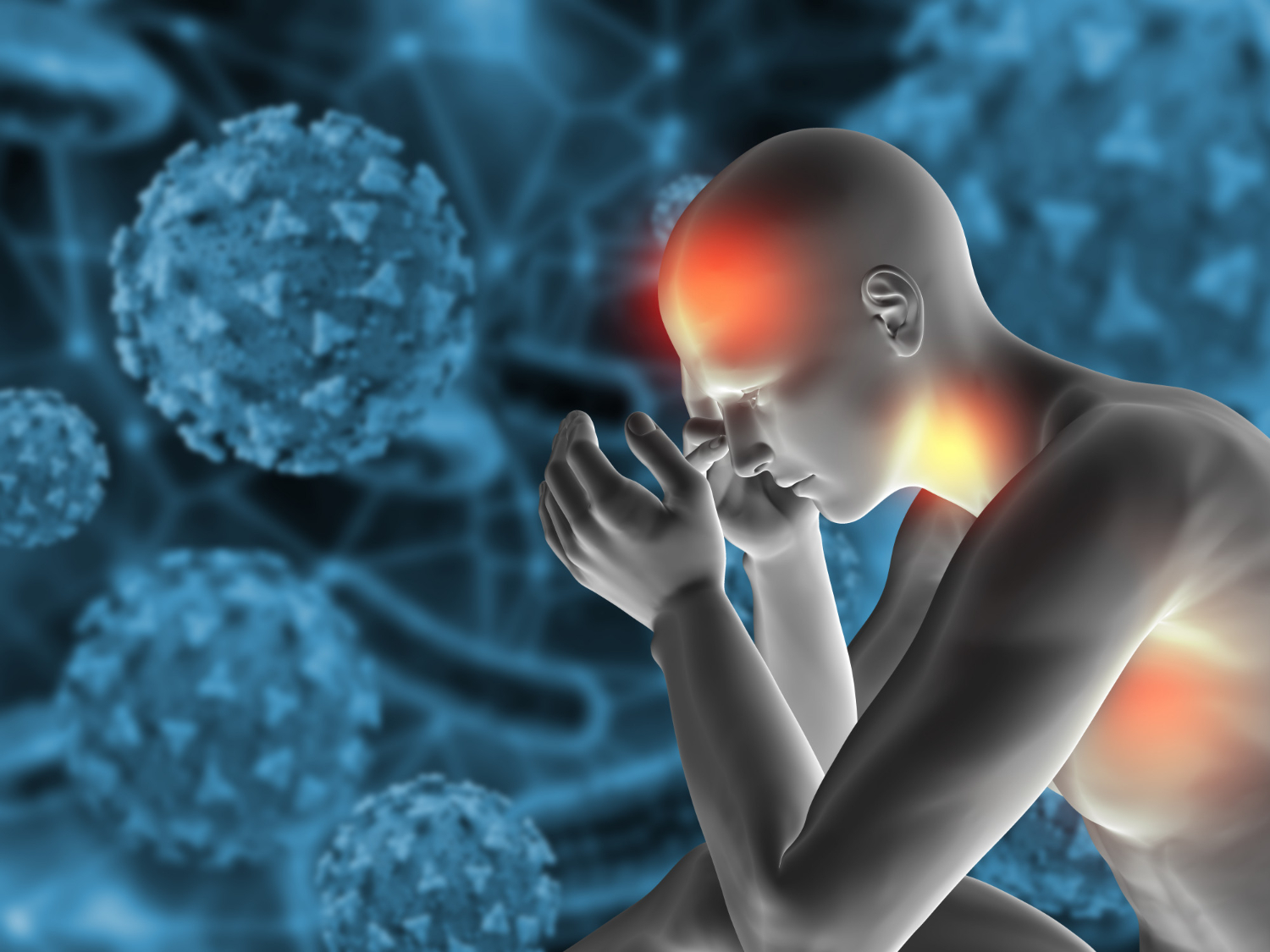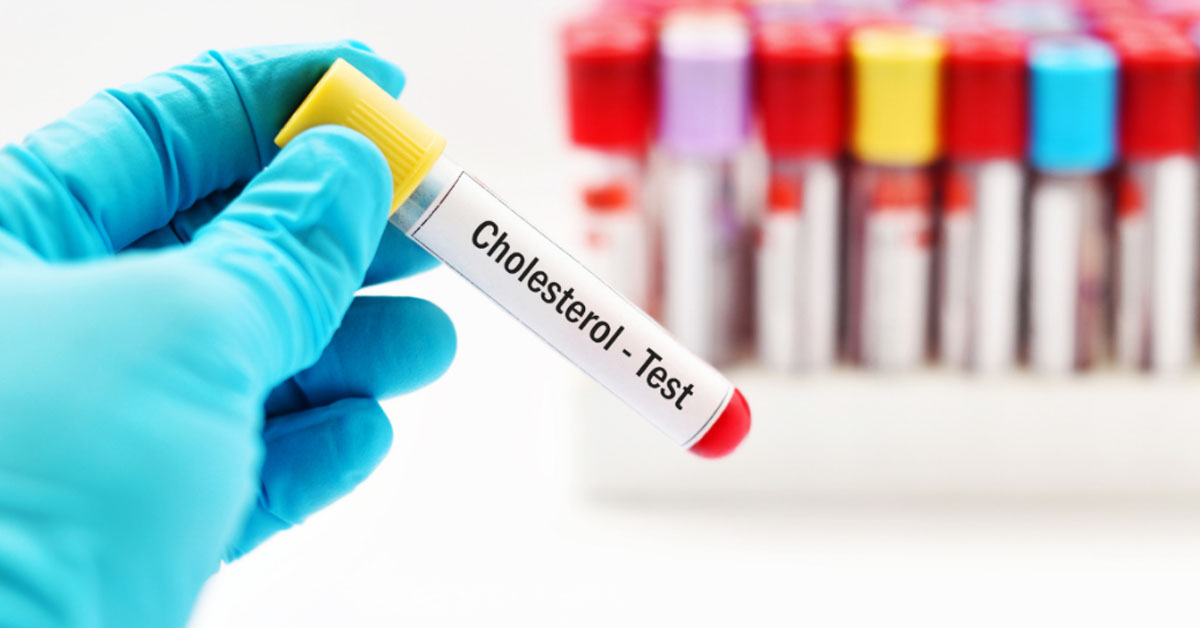

Understanding Autoimmune Disorders: How Ayurveda Helps Manage and Prevent Chronic Conditions
Autoimmune disorders are conditions where the body’s immune system mistakenly attacks its own healthy cells and tissues, leading to inflammation and damage. Common autoimmune diseases include rheumatoid arthritis, multiple sclerosis, lupus, and Hashimoto's thyroiditis, among others. These conditions can cause chronic pain, fatigue, and organ damage, severely affecting quality of life. While conventional medicine offers treatment options, Ayurveda provides a holistic approach to managing and preventing autoimmune conditions, focusing on restoring balance within the body’s systems and promoting long-term health.
In this blog, we’ll explore how Ayurvedic remedies can help manage autoimmune diseases, reduce inflammation, strengthen the immune system, and support overall well-being.
What Are Autoimmune Disorders?
Autoimmune disorders occur when the immune system, which is designed to protect the body from harmful invaders like viruses and bacteria, becomes overactive and mistakenly attacks the body’s own tissues. This can lead to chronic inflammation, pain, and organ damage.
Common symptoms of autoimmune diseases include:
- Fatigue
- Joint pain and swelling
- Skin rashes
- Digestive problems
- Fever
- Unexplained weight loss
Ayurveda views autoimmune conditions as an imbalance in the body's doshas—Vata, Pitta, and Kapha—and the accumulation of Ama (toxins). In particular, Pitta dosha (responsible for heat and inflammation) plays a key role in autoimmune diseases, as many of these conditions involve inflammation of the affected organs. Ayurveda seeks to restore harmony by balancing the doshas, eliminating toxins, and enhancing the body's natural healing abilities.
Ayurvedic Approach to Managing Autoimmune Disorders
Ayurveda focuses on strengthening the immune system, reducing inflammation, and promoting detoxification. The following Ayurvedic remedies are commonly used to help manage autoimmune disorders and improve the body’s ability to heal.
- Ashwagandha (Withania somnifera): Ashwagandha is one of the most well-known adaptogenic herbs in Ayurveda. It helps regulate the immune system, reduce inflammation, and manage stress—an important factor in autoimmune diseases. Ashwagandha works by boosting Vata and Kapha doshas and strengthening the body’s resilience to stress. It is commonly used to support joint health in autoimmune conditions like rheumatoid arthritis.
- Turmeric (Curcuma longa): Turmeric, with its active compound curcumin, is a powerful anti-inflammatory and antioxidant herb. It helps regulate Pitta dosha, which is often elevated in autoimmune conditions due to chronic inflammation. Curcumin reduces inflammation and immune system overactivity, which is key in conditions like lupus and rheumatoid arthritis. Drinking turmeric tea or consuming turmeric supplements can provide long-term relief from inflammation and pain.
- Guggul (Commiphora wightii):Guggul is another potent Ayurvedic herb that has been used for centuries to treat inflammation and support the immune system. It works by reducing excess Kapha dosha and promoting healthy metabolism. Guggul is particularly effective in treating autoimmune disorders that involve inflammation, such as psoriasis and rheumatoid arthritis.
- Guduchi (Tinospora cordifolia): Guduchi, also known as Giloy, is a well-regarded herb in Ayurveda for its immune-modulating properties. It helps detoxify the body, reduce inflammation, and support the liver and digestive system. Guduchi enhances the body's ability to fight infections while soothing and strengthening the immune system. It is beneficial in treating conditions like autoimmune hepatitis and rheumatoid arthritis
- Triphala: Triphala is a combination of three fruits: Amla, Haritaki, and Bibhitaki. It is used in Ayurveda for its detoxifying and anti-inflammatory properties. Triphala helps remove Ama (toxins) from the body, supports digestion, and improves Pitta balance. This herb is widely used in autoimmune conditions to support digestive health and reduce the burden on the immune system.
- Amla (Indian Gooseberry): Amla, rich in Vitamin C and antioxidants, is a powerful herb in Ayurveda that supports immune function and reduces inflammation. It helps detoxify the body and protect it from oxidative damage caused by autoimmune diseases. Amla is commonly used to strengthen the immune system and improve the body’s defense mechanisms.
Panchakarma for Autoimmune Disease Management
Panchakarma is an Ayurvedic detoxification therapy that is particularly effective for treating chronic pain and inflammationThis holistic approach helps cleanse the body of accumulated toxins (Ama) and restores balance to the doshas. Key therapies in Panchakarma for pain management include:
- Abhyanga (Oil Massage): Abhyanga is a soothing oil massage that helps reduce Vata and Pitta imbalances, relaxes the muscles, improves circulation, and enhances the removal of toxins. This therapy is ideal for those with joint pain and inflammation associated with autoimmune diseases.
- Virechana (Purgation Therapy): Virechana is a purgation therapy that eliminates Pitta and toxins from the digestive system and liver. It is especially beneficial for autoimmune conditions that involve inflammation and detoxification, such as rheumatoid arthritis and lupus.
- Virechana (Purgation Therapy): Virechana is a therapeutic purgation treatment that helps eliminate excess Pitta and toxins from the body. This therapy can help reduce inflammation in the joints and improve overall health by cleansing the digestive system. Virechana can be especially helpful for individuals with Pitta-dominant pain conditions like gout.
- Basti (Enema Therapy):Basti is an Ayurvedic enema therapy that helps cleanse the colon and eliminate toxins from the digestive tract. It is particularly effective for individuals with Vata dosha imbalances, which can lead to chronic pain, joint stiffness, and musculoskeletal issues.
- Basti (Enema Therapy):Basti is an Ayurvedic enema therapy that helps cleanse the colon and eliminate toxins from the digestive tract. It is particularly effective for individuals with Vata dosha imbalances, which can lead to chronic pain, joint stiffness, and musculoskeletal issues.
- Nasya (Nasal Therapy): Nasya involves the administration of herbal oils through the nostrils to cleanse the head and respiratory system. This therapy can help reduce inflammation in the sinus and respiratory passages and improve the body's detoxification processes.
Diet and Lifestyle Recommendations for Autoimmune Care
- Anti-inflammatory Diet: Ayurveda recommends an anti-inflammatory diet rich in fresh, organic vegetables, whole grains, and lean proteins to support immune health and reduce inflammation. Avoid processed foods, excessive sugar, and fried foods, which can aggravate inflammation and immune overactivity.
- Maintain Digestive Health: Ayurveda emphasizes the importance of a healthy digestive system for immune function. Eat easily digestible foods like soups and stews, and include herbs like ginger and turmeric in your meals to support Agni (digestive fire).
- Stress Management: Stress is a significant factor in autoimmune flare-ups. Meditation, yoga, and pranayama (breathing exercises) can help manage stress, promote relaxation, and support the immune system’s proper function.
- Rest and Relaxation:While exercise is important, it’s equally essential to get enough rest. Adequate sleep and stress management are vital for managing chronic pain. Practice relaxation techniques such as meditation or deep breathing exercises to reduce muscle tension and promote overall well-being.
- Adequate Sleep and Rest: Adequate sleep and rest are crucial for healing and immune function. Ayurveda stresses the importance of restorative sleep to help balance the doshas and support recovery from autoimmune conditions.
Managing Autoimmune Disorders Naturally with Ayurveda
Autoimmune disorders can be complex and challenging to manage, but Ayurveda offers a natural, holistic approach to treatment. By balancing the doshas, reducing inflammation, detoxifying the body, and enhancing immune function, Ayurvedic treatments provide effective relief and support for individuals with autoimmune conditions.
At SriPAA Ayurvedic Hospital, we’re committed to empowering women to live healthy, balanced lives through the wisdom of Ayurveda. Under the guidance of Dr. Mallikarjun Dambal, the Best Ayurvedic Doctor in India, you can take a step towards holistic health and well-being.
Ready to live pain-free and regain your mobility? Book a consultation with Dr. Mallikarjun Dambal at SriPAA Ayurvedic Hospital today and start your journey towards a healthier, stress-free life!


